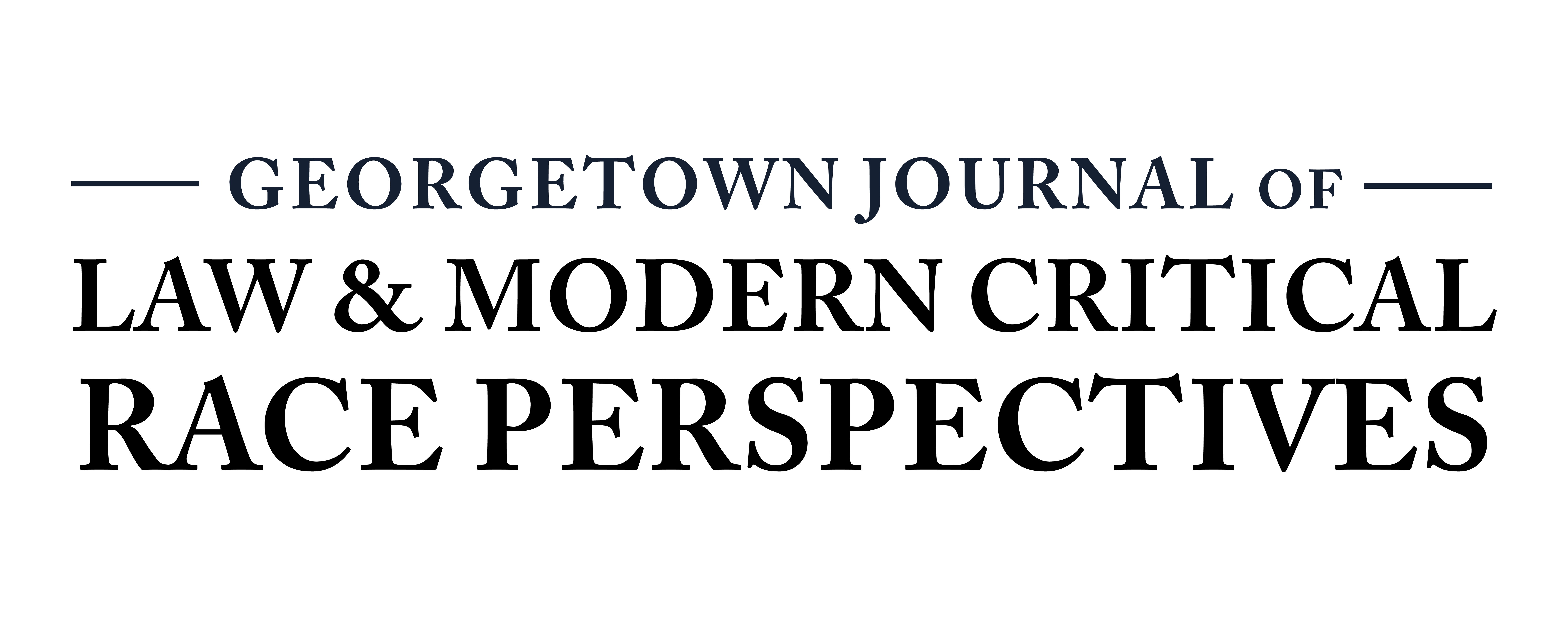The Race to Recall: An Analysis of Asian American Efforts to Oust San Francisco’s Progressive Prosecutor
The San Francisco Bay Area has long been home to one of the largest Asian American communities in the country. Asian Americans make up approximately one third of the population of San Francisco and for the last twenty years, Asians have been one of the fastest growing ethnic groups in the region. With this growth in population has also come a significant growth in political consciousness and power. Since the 2016 election, more Asian Americans have mobilized and turned out to vote than ever before. In a city like San Francisco, where Asians have substantial political capital, they have the power to make real change. In June 2022, two years into the tenure of San Francisco’s newest District Attorney, that’s exactly what
a majority of Asian American voters did by recalling progressive prosecutor Chesa Boudin. Frustrated by Boudin’s handling of crime, anti-Asian hate, and other public safety concerns, Asian Americans were some of the key drivers of Boudin’s recall campaign.
This paper aims to use the recall of San Francisco’s progressive prosecutor Chesa Boudin as a case study to explore Asian American identity and politics. This paper is not a defense of progressive prosecution or of Boudin, but rather an examination of how Asian American political consciousness played a role in the recall election. Part I will offer background on Boudin’s election and tenure as San Francisco’s District Attorney, the relationship between Boudin and Asian American communities,
Boudin’s handling of anti-Asian hate crimes, and Asian mobilization leading up to the 2022 recall election. Part II will use elements of the recall campaign and election to explore Asian American political identity, specifically the limitations of defining justice through a lens of prosecution and hate crime laws, the ways in which the recall election fits into a broader movement of Asian American neoconservatism, co-optation of Asian American concerns, and anti-Blackness in the Asian American community and the racial triangulation of Asian Americans. Part III argues that the way forward is not through an isolated Asian American movement but rather working in solidarity with other communities of color to address underlying issues of oppression, anti-Blackness, and white supremacy.

